Algo trading, short for algorithmic trading, leverages computer algorithms to automate trading decisions, allowing for trades based on specific criteria like price, volume, and timing. This innovative approach has transformed the financial markets by enabling faster, more precise, and efficient trading than human traders could ever achieve. Algo trading’s popularity stems from its ability to significantly enhance trading strategies with speed, accuracy, and reduced costs.
Table of Contents
Key Insights on Algo Trading
- Essence of Algo Trading: It employs advanced computer algorithms for making trading decisions, emphasizing speed, efficiency, and accuracy.
- Advantages: Algo trading offers numerous benefits, including swift trade execution, enhanced accuracy, and minimizing human errors.
- Potential Challenges: It also faces hurdles like system errors, market fluctuations, and regulatory concerns.
Foundational Elements of Algo Trading
At its core, algo trading is about using computer programs to execute trades based on predefined instructions, eliminating the need for human intervention. These programs meticulously follow a set of instructions related to price, timing, and volume, ensuring trades are executed at the best possible moments.

The Significance of Data in Algo Trading
Data is the cornerstone of successful algo trading. Traders rely on a mix of historical prices, market news, and economic indicators to craft strategies that are both profitable and efficient. Access to real-time, accurate data is essential for making informed decisions and staying ahead in the fast-paced trading environment.
Operational Mechanics of Algo Trading
Algo trading simplifies the trading process by utilizing algorithms to analyze market data and execute trades based on specific criteria. This not only speeds up the trading process but also reduces the likelihood of human error, leading to more consistent and profitable outcomes.
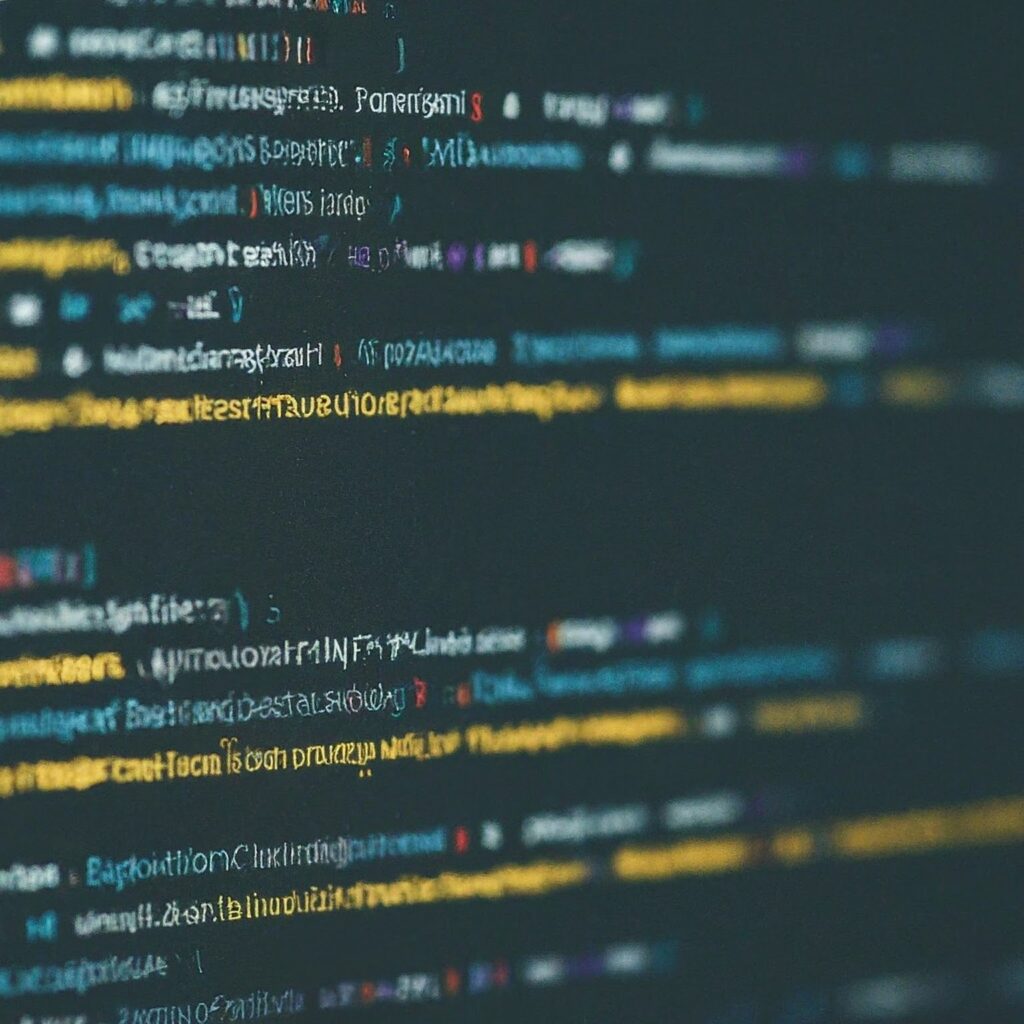
The Role of High-Frequency Trading (HFT) in Algo Trading
HFT is a crucial component of algo trading, characterized by executing a vast number of orders at lightning speed. It allows traders to capitalize on momentary market inefficiencies, although it has sparked debates regarding market stability and fairness.
Benefits and Strategies of Algo Trading
Algo trading is renowned for its efficiency and the ability to eliminate emotional decision-making, resulting in more disciplined and consistent trading. There are various strategies within algo trading, each tailored to specific market conditions and objectives, including statistical arbitrage, market making, and sentiment analysis.
Designing and Managing an Algo Trading System
Creating a successful algo trading strategy requires a clear definition of market conditions, rigorous backtesting, and continuous optimization to avoid overfitting. Efficient execution and order management systems are also vital, ensuring trades are executed swiftly and accurately.
Navigating Regulatory and Risk Management in Algo Trading
Compliance with financial regulations is mandatory to maintain market integrity. Effective risk management is essential to mitigate potential losses, highlighting the importance of setting predefined risk controls and continuously monitoring algorithm performance.
The Future of Algo Trading with AI and ML
The integration of AI and ML promises to further revolutionize algo trading by improving strategy development, execution, and risk management. Despite the challenges, such as system failures and algorithmic biases, the future of algo trading looks bright, with opportunities to enhance strategy sophistication and market access.
Frequently Asked QuestIONS ABOUT ALgo Trading
FAQ 1: What skills do I need to get started with algo trading?
- Answer: A solid foundation in programming (preferably Python or R), financial market knowledge, and an understanding of trading strategies are essential. You’ll also need access to market data and a platform to execute your algorithms.
FAQ 2: Can algo trading guarantee profits?
- Answer: No. Algo trading introduces automation and can enhance decision-making, but it does not eliminate risk. Market conditions, unforeseen events, and technical errors can still lead to losses.
FAQ 3: Is algo trading only for experienced traders?
- Answer: While a strong background in trading is helpful, there are resources and tools designed for beginners entering the algo trading space. Start with thorough backtesting, paper trading, and smaller capital before deploying significant funds.
FAQ 4: How do I protect my algorithms from being copied?
- Answer: Intellectual property protection in algo trading can be complex. Strategies include not disclosing full code details, utilizing secure execution environments, and potentially pursuing legal safeguards if necessary.
FAQ 5: Is algo trading heavily regulated?
- Answer: Yes, algo trading is subject to regulations designed to prevent market manipulation and ensure fair market practices. Traders need to stay updated on the evolving regulatory landscape in their jurisdiction.

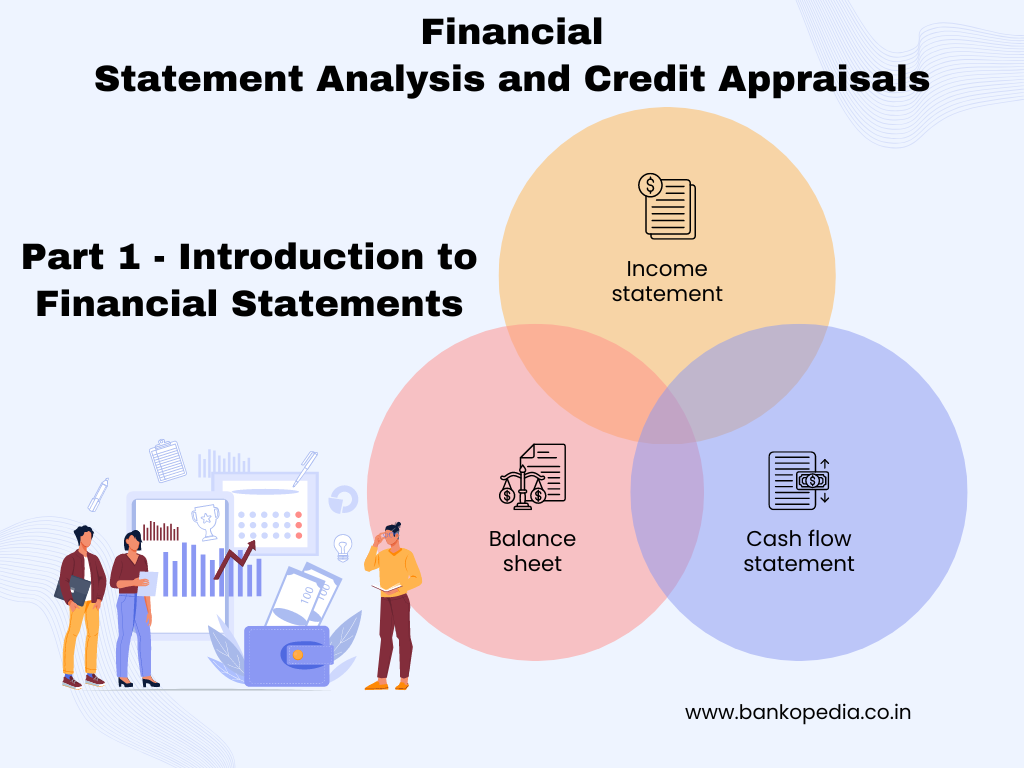



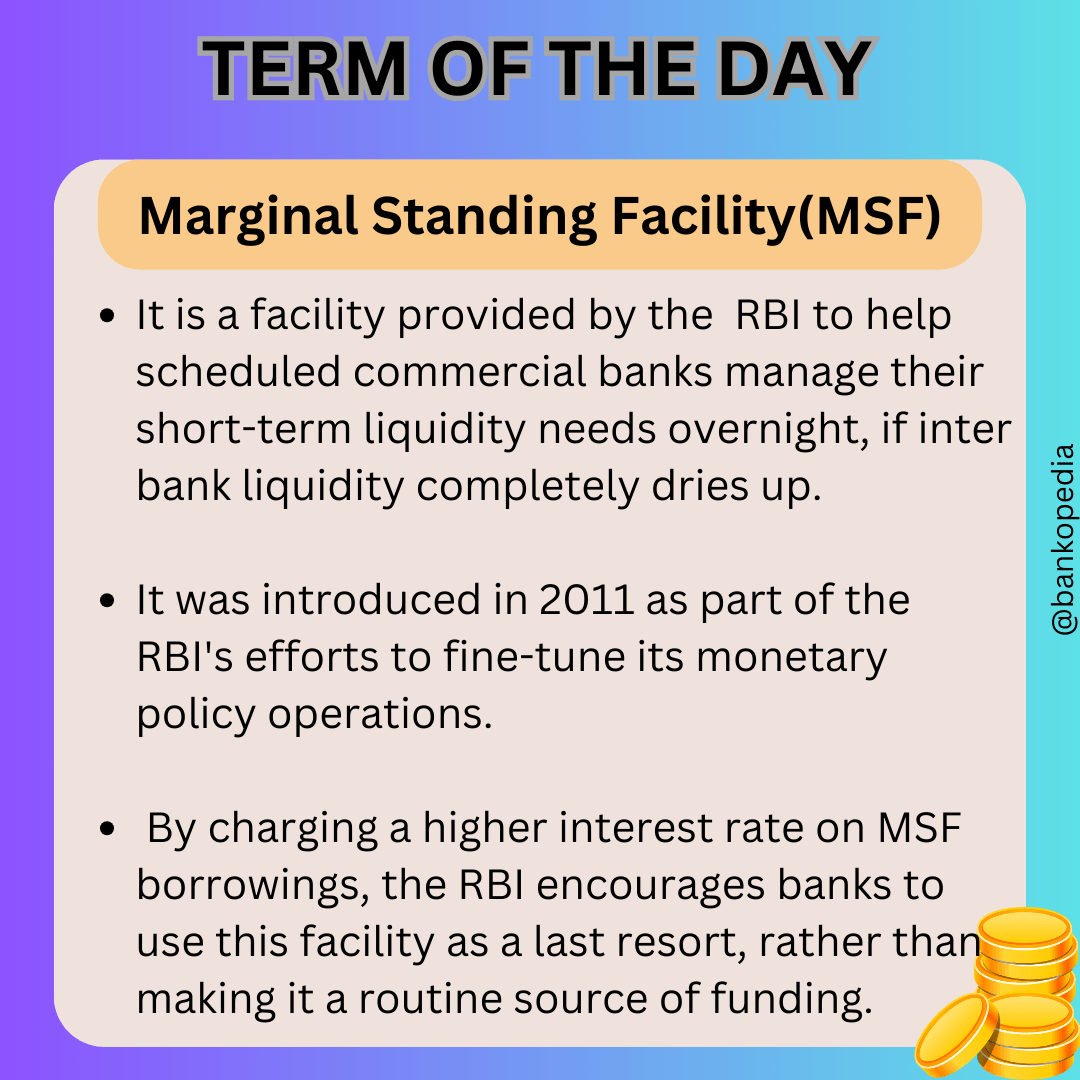
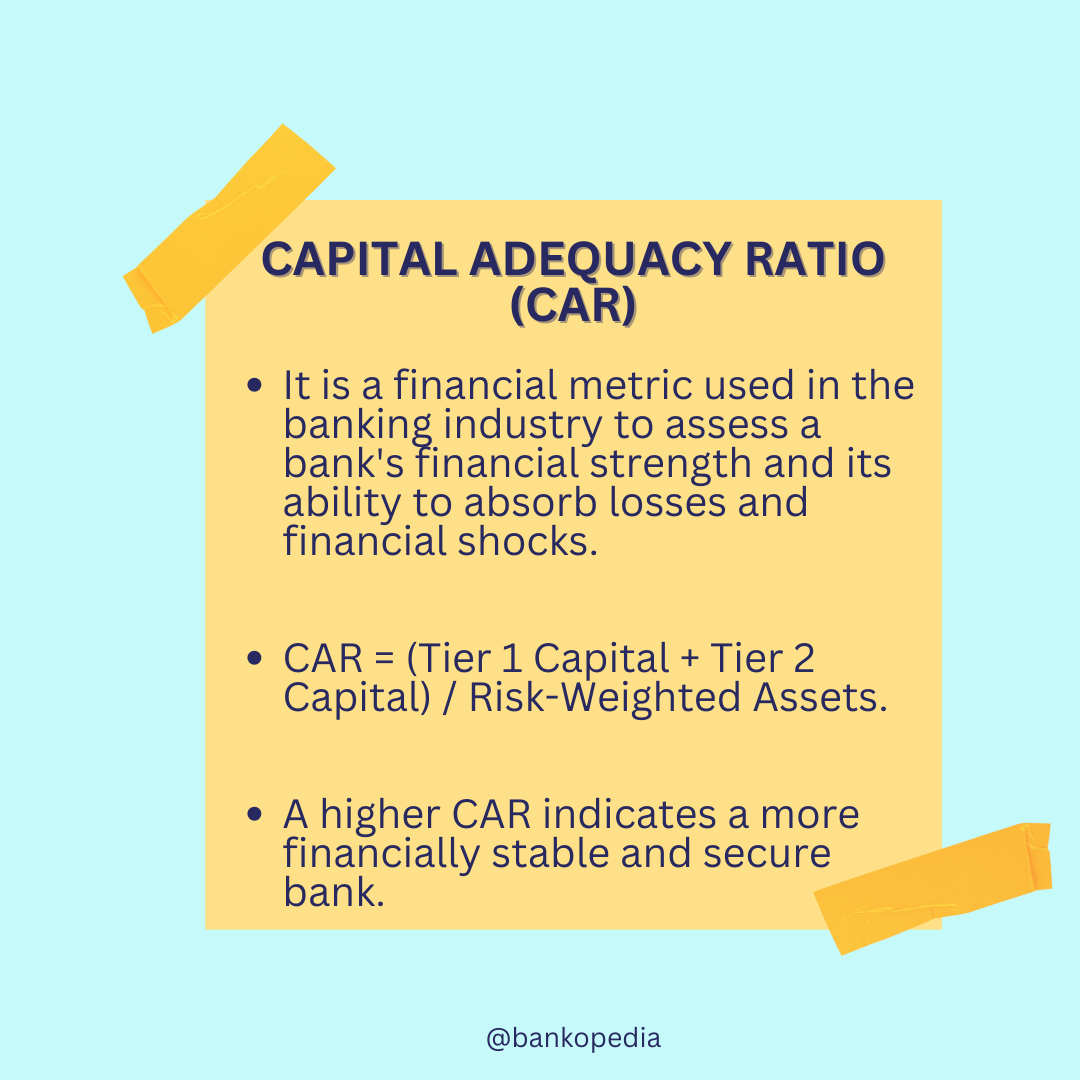
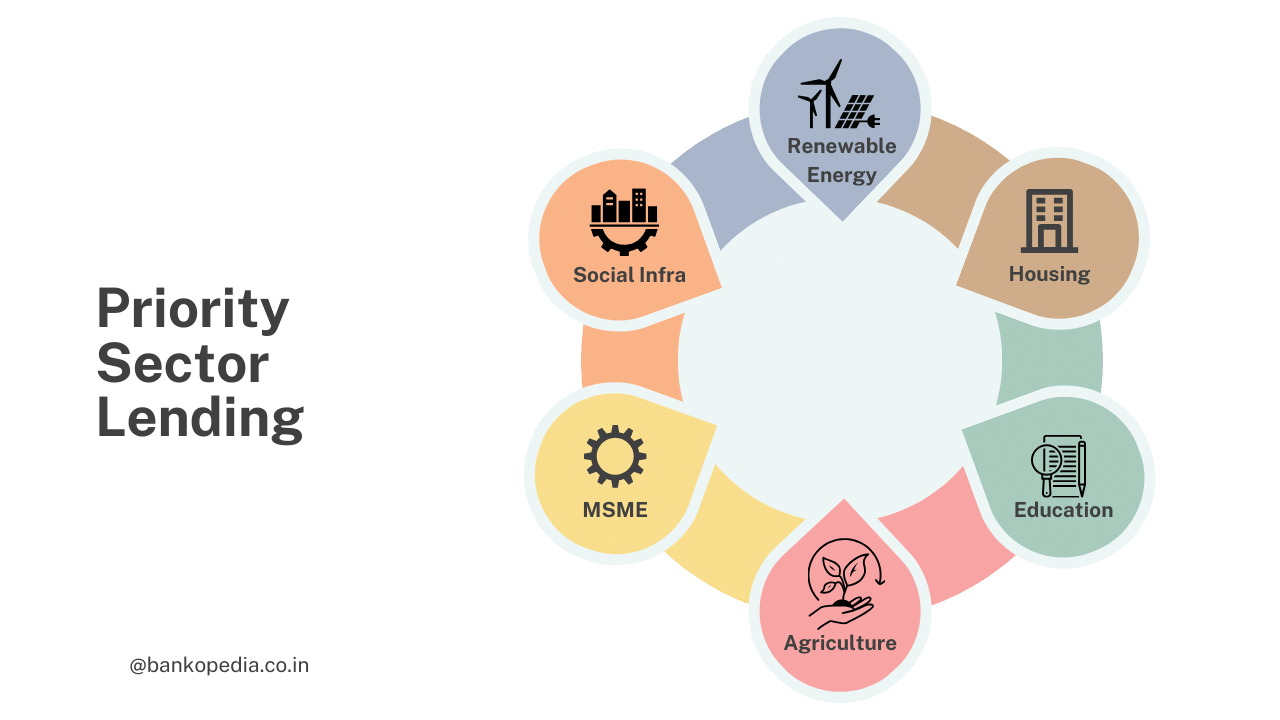
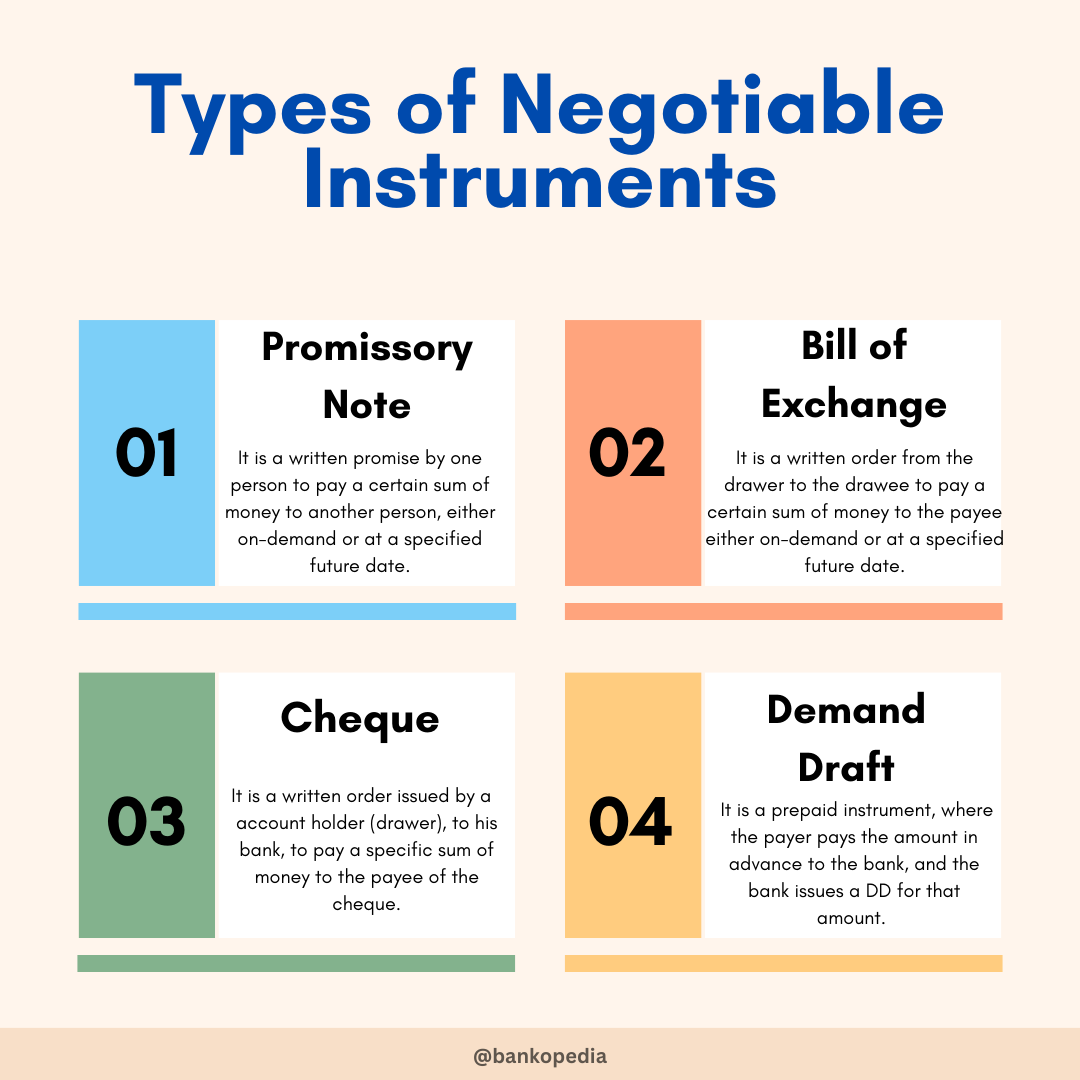

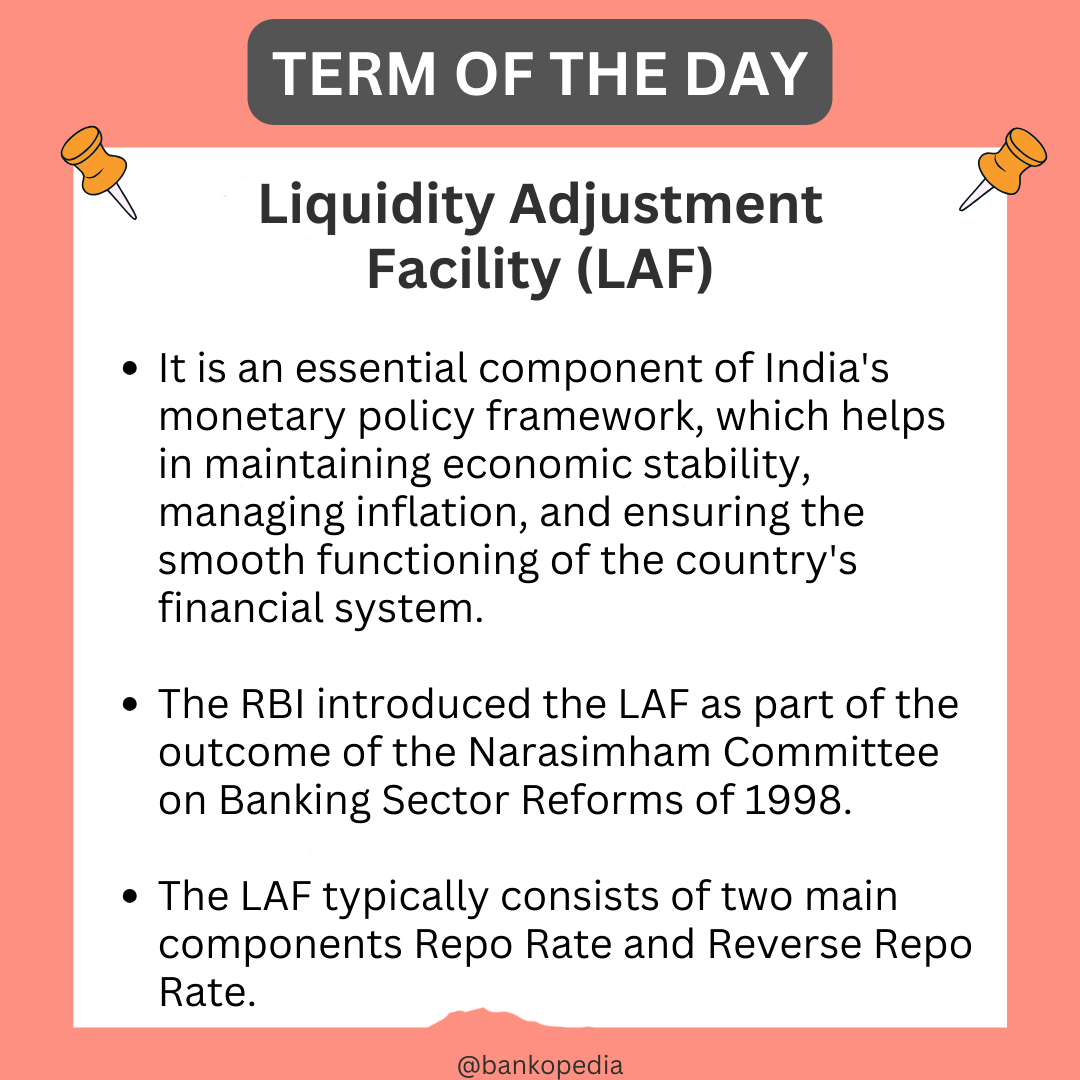
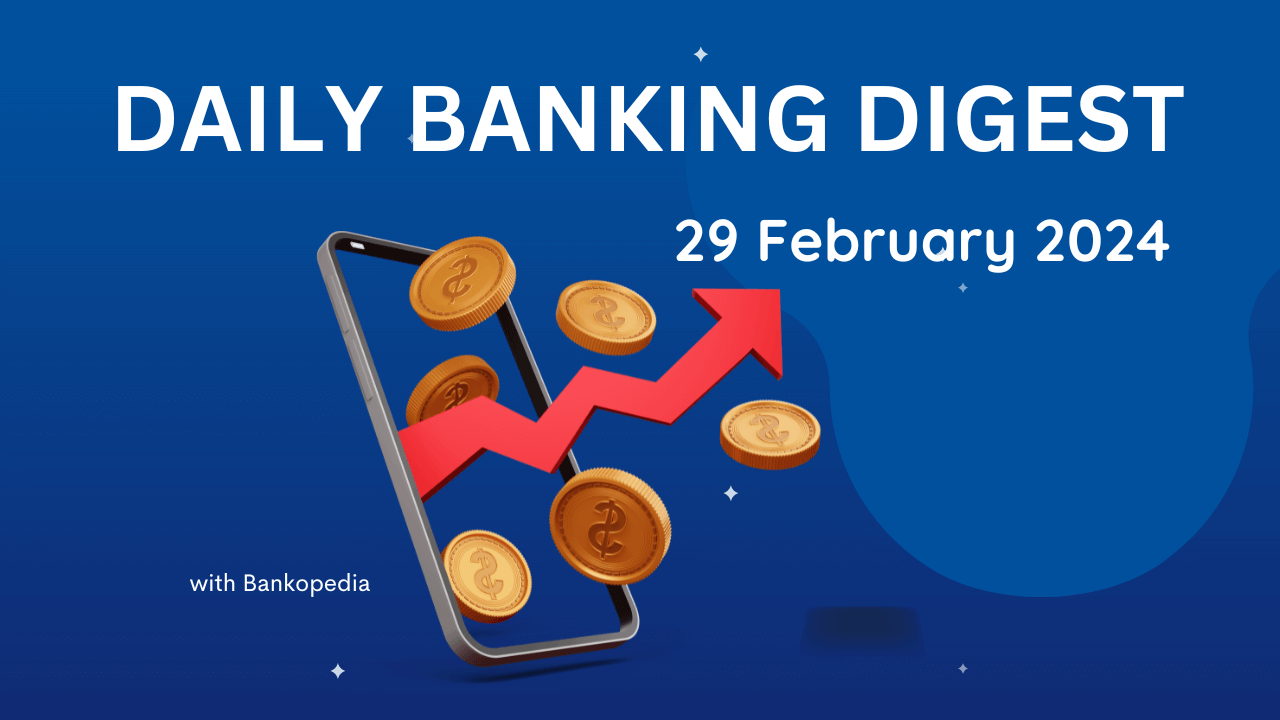
2 thoughts on “Algo Trading: A Comprehensive Guide”